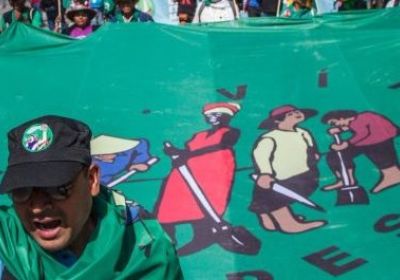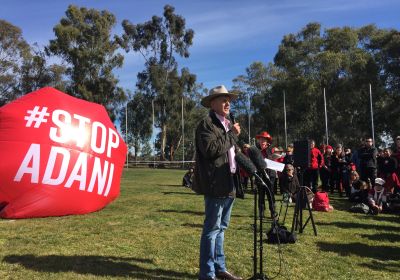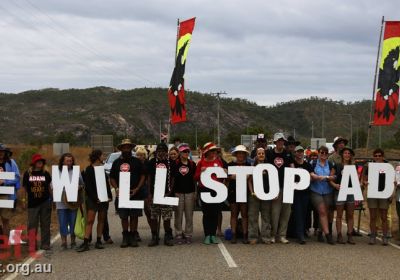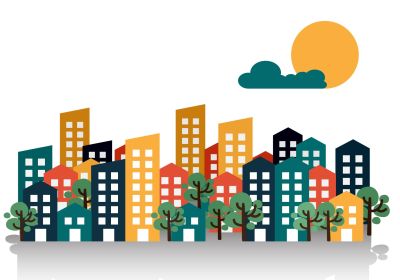-
-
-

Peasants, small farmers and Indigenous peoples “feed the world and cool the planet”. This is what the global peasant movement, La Via Campesina, has come to Bonn to put onto the agenda at the COP23 climate meetings — both in the official space and at the People’s Climate Summit where social movements met to strategise for alternatives to capitalism and its climate crisis.
-
-
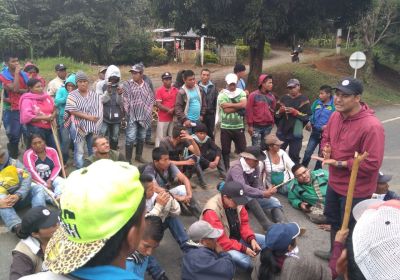
Outraged by government failures to honour a peace deal with the Revolutionary Armed Forces of Colombia (FARC), rural communities across Colombia have initiated a “national strike” demanding widespread solutions to poverty, violence and drug trafficking.
The strike is the most far-reaching since 2013, when farmers took to the streets decrying abject poverty and negative economic effects of a free trade agreement with the United State
-
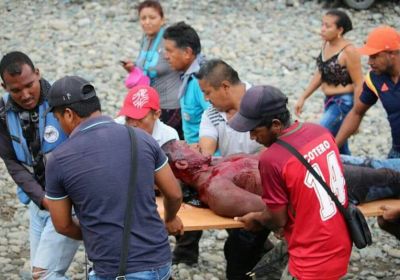
The Colombian National Police massacred between 8 and 16 people, and wounded more than 50, in the municipality of Tumaco, Narino on October 5. The attack was directed against protesting coca growing families demanding the government fulfil its commitments to voluntary eradication programs.
Then, on October 8, the National Police attacked an international team sent to investigate the massacre. The police used tear gas and stun grenades to disperse representatives from the United Nations, the Organization of American States, and a journalist from the Colombian weekly, Semana.
-
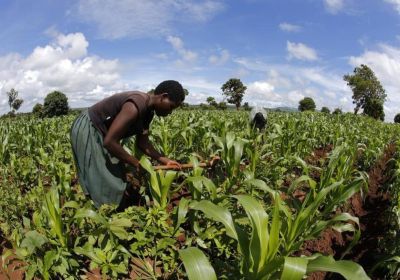
The term “Green Revolution” refers to the introduction of high-yielding varieties of staple food crops, particularly wheat and rice, into Third World countries, starting in the 1960s. The stated aim was to raise food production to end hunger and prevent revolution.
An unstated secondary aim was to raise the penetration of agribusiness into the Third World. Profits could be made by selling the new varieties of seed and the fertilisers, pesticides and equipment that were indispensable to their success.
-
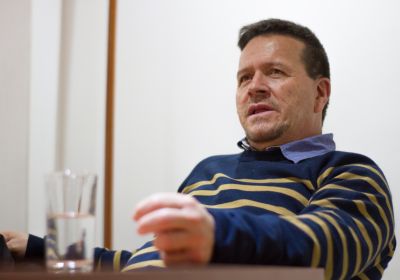
Just days before he was set to speak at the 2013 Trade Union Congress (TUC) Conference in Britain, Colombian union leader Huber Ballesteros was arrested and imprisoned in his home country on trumped-up charges of rebellion and financing terrorism.
-
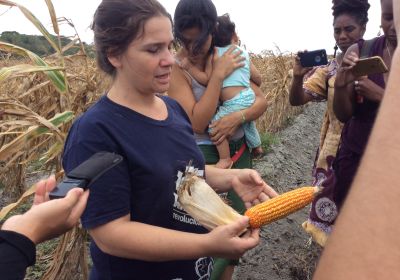
The Agricultural Social Production Unit (UPSA) Caquetios, located in Cabudare, in Palavecino municipality, Lara state, is run by the Brazilian Movement of Rural Landless Workers (MST). A campesino organisation, the MST shares similar objectives to those of former president Hugo Chavez and the pro-poor Bolivarian Revolution he led – in particular, land collectivisation as the best way to grow food and put an end to rural inequality.
In 2006, the MST was invited to Venezuela to take over a 40-hectare estate as part of Chavez’s attempt to transform Venezuela’s countryside. Since then, the group has been joined by several Venezuelan farmers, with both groups learning new experiences from each other.
-
-
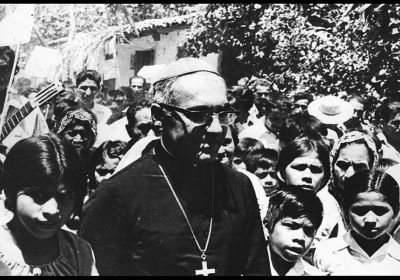
There were innumerable horrors committed by El Salvador’s right-wing death-squad government during the civil war that raged from 1980 to 1992. Alongside the peasants and workers killed or disappeared and the nuns raped, were the priests who were executed. The most sensational execution of all was the murder of Archbishop of San Salvador Oscar Romero, gunned down while celebrating mass.
-
Agriculture
Agriculture

